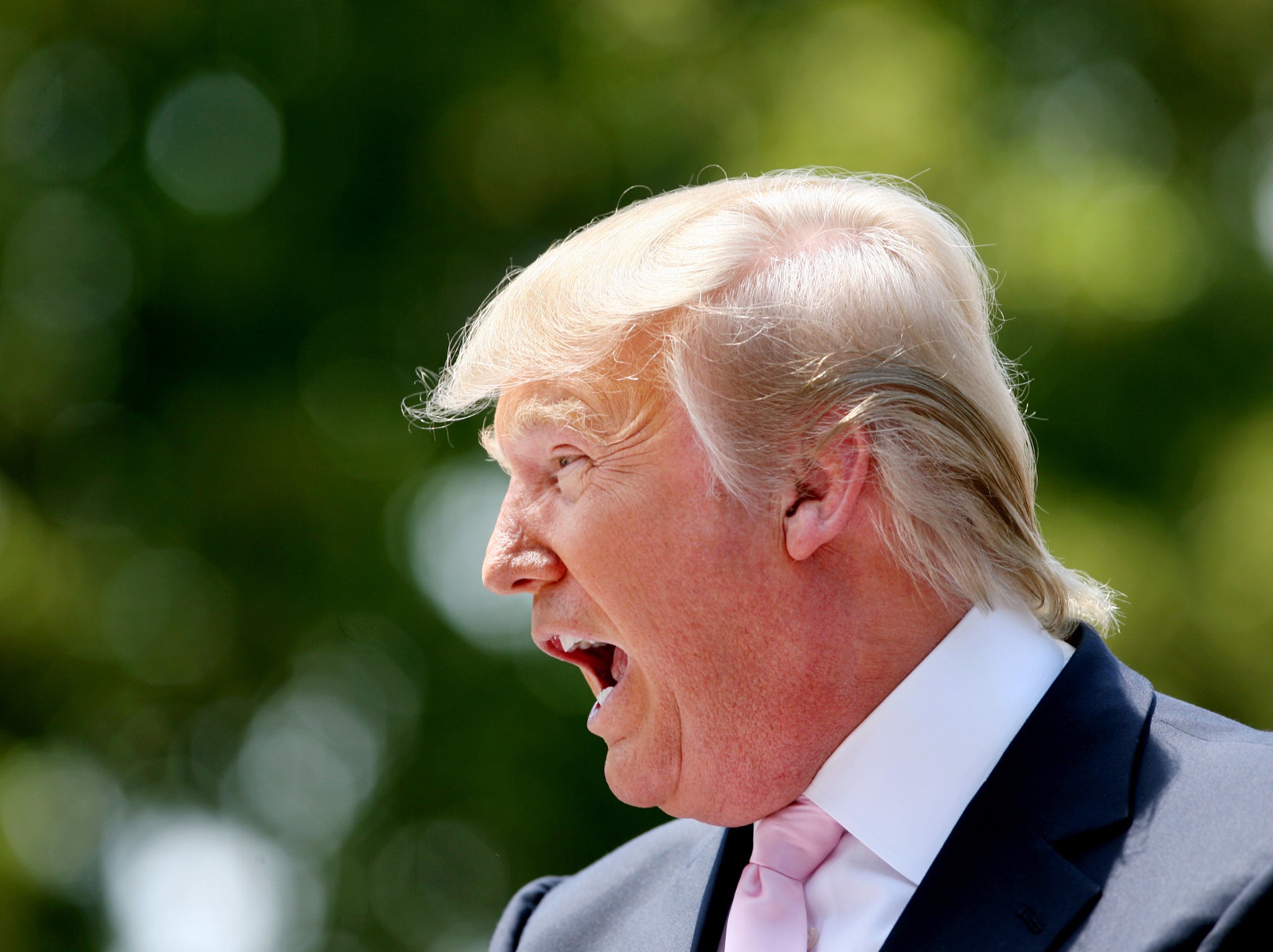2013’s big idea? Money can buy happiness!
It's the new policy bible in Downing Street – and it argues you can buy happiness. Charlie Cooper picks out the key insights

Your support helps us to tell the story
From reproductive rights to climate change to Big Tech, The Independent is on the ground when the story is developing. Whether it's investigating the financials of Elon Musk's pro-Trump PAC or producing our latest documentary, 'The A Word', which shines a light on the American women fighting for reproductive rights, we know how important it is to parse out the facts from the messaging.
At such a critical moment in US history, we need reporters on the ground. Your donation allows us to keep sending journalists to speak to both sides of the story.
The Independent is trusted by Americans across the entire political spectrum. And unlike many other quality news outlets, we choose not to lock Americans out of our reporting and analysis with paywalls. We believe quality journalism should be available to everyone, paid for by those who can afford it.
Your support makes all the difference.I don't care too much for money/ 'Cause money can't buy me love," trilled The Beatles in what many consider the answer to one of life's big questions: can money buy happiness?
Think again. Downing Street's "Nudge Unit" – the Behavioural Insights Team that specialises in trying to alter people's behaviour through the power of suggestion – has a new theory: money can buy happiness. All you have to do is spend it wisely.
The thinking is laid out in an article by American psychologists that is already being tipped as a "big idea" of 2013. The article, "If money doesn't make you happy, then you probably aren't spending it right", is being read at the highest echelons of Government and will be adapted into a book, Happy Money, for publication next year.
It states, bluntly, that believing the best things in life are not for sale "is lovely, popular and almost certainly wrong. Wealthy people don't just have better toys," the article states. "They have better nutrition and better medical care, more free time and more meaningful labour – more of just about every ingredient in the recipe for a happy life."
However, previous studies have shown that, despite these factors, the rich tend not to be much happier than the poor – something the psychologists appear keen to remedy.
The authors of the paper, Elizabeth W Dunn, Daniel T Gilbert and Timothy Wilson, set out eight core principles for spending yourself into lasting happiness. The secret, it would appear, is to eschew rampant consumerism by paying for experiences over possessions, helping others instead of yourself, and delaying gratification. Even better news for would-be philanthropists: giving to charity brings opportunities for "positive self-presentation".
"Money can buy most, if not all of the things that make people happy," the authors write – "and if it doesn't the fault is ours."
Two sides of the coin:
Laughing all the way to the bank...
Bill & Melinda Gates
Bill Gates married his wife, Melinda, in 1994 – the same year the couple set up the Bill and Melinda Gates Foundation, which became a lightning rod for America's philanthropists and has made charitable grants worth more than £15bn. The charity works to alleviate poverty and provide healthcare across the globe. Bill puts his happiness down to "getting to work on exactly the things I want to" – that and "a great family".
Dennis Tito
Does buying experiences, rather than things, make you happier? If anyone can answer that question it is Dennis Tito – the world's first space tourist. Mr Tito spent $20m for eight days in space back in 2001. Afterwards, he said: "It was a sense of completeness – from then on, everything is a bonus. And the last 10 years, everything since then has been just extra. And I think I am one of the happiest humans alive."
...but money can’t buy you everything
Donald Trump
With a net worth of more than £1.9bn and a tower in New York named after him, you might think that Donald Trump would have few things to grumble about. As it happens, barely a month goes by without the billionaire businessman taking to America's television screens to denounce the Obama administration and predict the downfall of the American way of life. Perhaps it's something to do with his hair.
MC Hammer
MC Hammer did not follow the third principle of happiness – to buy a lot of small things instead of a few large purchases. The rapper spent a reported $20m on a 40,000sq-ft house with Italian marble floors and solid-gold toilet. A few years later, he went bankrupt, and sold the lavish home for a fraction of its value.
Join our commenting forum
Join thought-provoking conversations, follow other Independent readers and see their replies
Comments